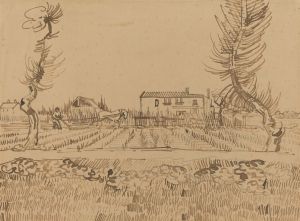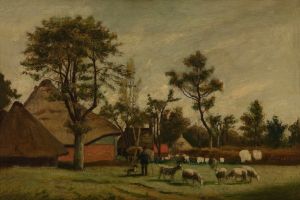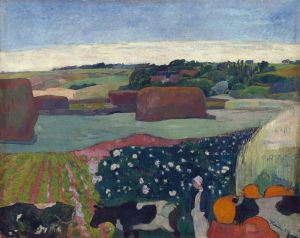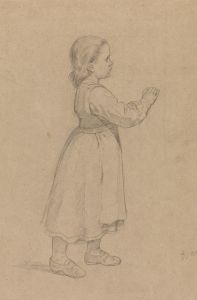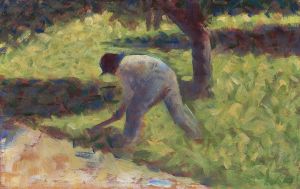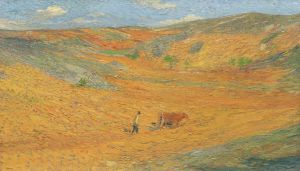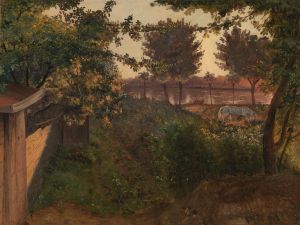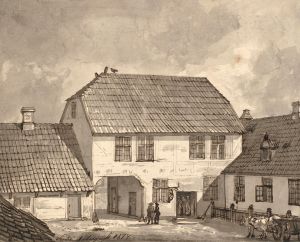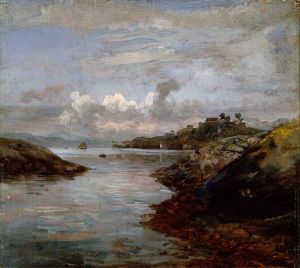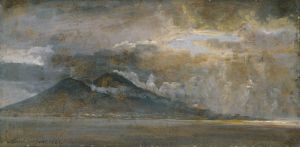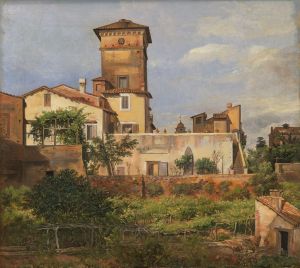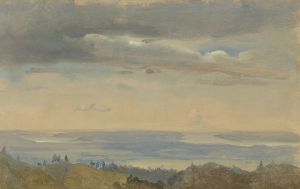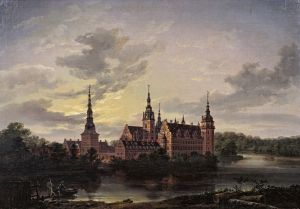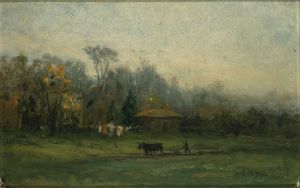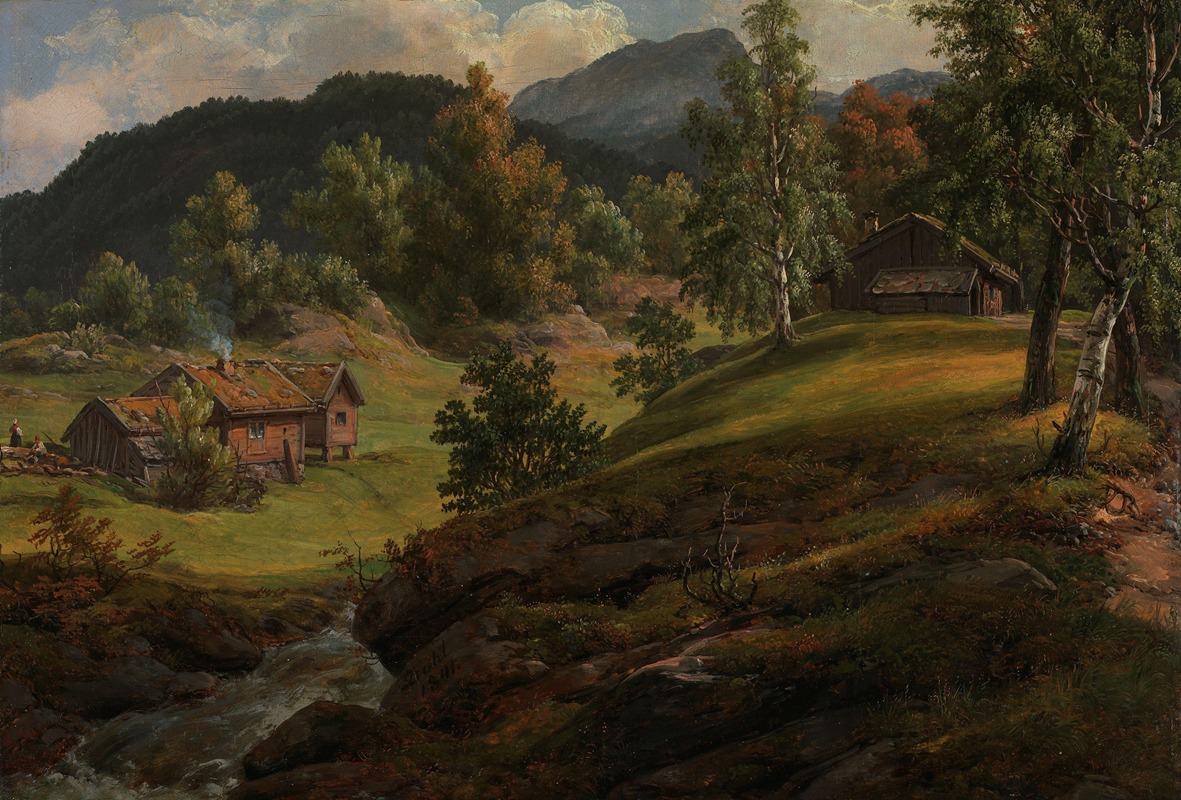
Farm at Lysekloster
A hand-painted replica of Johan Christian Dahl’s masterpiece Farm at Lysekloster, meticulously crafted by professional artists to capture the true essence of the original. Each piece is created with museum-quality canvas and rare mineral pigments, carefully painted by experienced artists with delicate brushstrokes and rich, layered colors to perfectly recreate the texture of the original artwork. Unlike machine-printed reproductions, this hand-painted version brings the painting to life, infused with the artist’s emotions and skill in every stroke. Whether for personal collection or home decoration, it instantly elevates the artistic atmosphere of any space.
"Farm at Lysekloster" is a painting by the renowned Norwegian artist Johan Christian Dahl, completed in 1827. Dahl is often considered one of the leading figures of Norwegian romanticism and a pioneer of landscape painting in Norway. His works are celebrated for their detailed and emotive depictions of nature, often capturing the dramatic and rugged beauty of the Norwegian landscape.
The painting "Farm at Lysekloster" is a fine example of Dahl's ability to blend naturalistic detail with a romantic sensibility. The artwork depicts a rural scene at Lysekloster, a historic site located near Bergen, Norway. Lysekloster, or Lyse Abbey, was originally a Cistercian monastery founded in the 12th century. By the time Dahl painted this scene, the monastery had long been dissolved, and the area had transformed into farmland.
In this painting, Dahl captures the serene and pastoral atmosphere of the Norwegian countryside. The composition is carefully balanced, with a focus on the interplay between light and shadow, a hallmark of Dahl's style. The farm buildings are depicted with meticulous attention to architectural detail, while the surrounding landscape is rendered with a sense of depth and texture that invites viewers into the scene. The use of light in the painting is particularly noteworthy; Dahl skillfully employs it to highlight the natural beauty of the landscape, creating a sense of tranquility and timelessness.
Dahl's work is often associated with the romantic movement, which emphasized emotion and individualism, as well as a deep appreciation for nature. His paintings frequently reflect a sense of national pride and identity, capturing the unique landscapes of Norway with a sense of reverence and admiration. "Farm at Lysekloster" is no exception, as it portrays a quintessentially Norwegian scene with both accuracy and artistic flair.
Throughout his career, Johan Christian Dahl was influenced by his travels and studies in Europe, particularly in Germany, where he became associated with the Dresden school of painting. His exposure to the works of other European artists, combined with his own experiences in the Norwegian wilderness, helped shape his distinctive style. Dahl's contribution to Norwegian art is significant, as he helped lay the groundwork for future generations of artists in the country.
"Farm at Lysekloster" is housed in the Bergen Kunstmuseum in Norway, where it remains an important piece of the museum's collection. The painting not only showcases Dahl's technical skill and artistic vision but also serves as a historical document, offering insights into the rural life and landscapes of 19th-century Norway.
In summary, "Farm at Lysekloster" by Johan Christian Dahl is a masterful representation of Norwegian romantic landscape painting. Through his detailed and emotive portrayal of the Lysekloster area, Dahl captures the essence of Norway's natural beauty and cultural heritage, making this work a significant piece in the history of Norwegian art.





